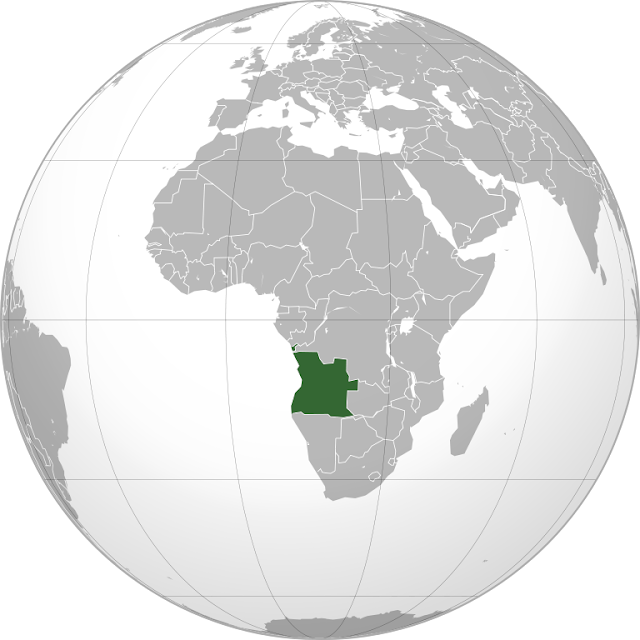Constitution of Angola
People of many languages and ethnicities live in Angola on the African continent. The official language though is Portuguese. The Atlantic Ocean is the biggest advantage to the west. The population of this country is 31 million with 12,46,600 sq km area.
What is culture? Who is responsible for determining this? Is that what the President or the Prime Minister will say? Of course it can't be. The Angolan constitution clearly states that a culture or practice that is not inconsistent with the constitution or the law is therefore valid.
The constitutions of most countries in the world state that "No one shall be discriminated against on the grounds of religion, color, language, place of birth, etc." But the regulations of Angola's constitution says that "No one will be privileged or discriminated against because of religion, color, language, place of birth, etc."
Although the world is aware of consumer rights, it is not mentioned in the constitution. That is also mentioned in the constitution of Angola. We buy a lot of things all day, and we are often deceived. So consumer rights are a matter of utmost urgency.
Is a Member of Parliament or a Senator just a representative of his constituency, or of the entire state? Read it for yourself.

Admirable Articles of Angola's Constitution
Article 7. (Custom)
The validity and legal force of custom which does not contradict the Constitution and does not threaten human dignity shall be recognised.
Article 23. (Principle of equality)
1. Everyone shall be equal under the Constitution and by law.
2. No-one may be discriminated against, privileged, deprived of any right or exempted from any duty on the basis of ancestry, sex, race, ethnicity, colour, disability, language, place of birth, religion, political, ideological or philosophical beliefs, level of education or economic, social or professional status.
Article 35. (Family, marriage and filiation)
3. Men and women shall be equal within the family, in society and before the state, enjoying the same rights and being responsible for the same duties.
5. Children shall be equal before the law and any discrimination or the use of any discriminatory nomenclature with regard to filiation shall be prohibited.
Article 65. (Application of criminal law)
1. Criminal liability shall be personal and non-transferable.
Article 78. (Consumer rights)
1. Consumers shall have the right to good quality goods and services, information and clarification, guarantees for products and protection with regard to consumer relations.
2. Consumers shall have the right to be protected against the manufacture and supply of goods and services that are harmful to health and life and must receive compensation for any damages suffered.
3. The advertising of consumer goods and services shall be regulated by law and all forms of concealed, indirect or misleading advertising shall be prohibited.
4. The law shall protect consumers and guarantee to defend their interests.
Article 80. (Childhood)
1. Children shall have to right to receive special attention from the family, society and the state which, by working closely together, must ensure that they are fully protected against all forms of neglect, discrimination, oppression, exploitation and abuse of authority, within the family and in other institutions.
2. Public policies regarding the family, education and health must safeguard the principle of the higher interests of the child, as a means of guaranteeing their full physical, mental and cultural development.
3. The state shall ensure special protection for children who are orphaned, disabled, abandoned or in any way deprived of a normal family environment.
4. The state shall regulate the adoption of children, promoting their integration into a family environment and striving to ensure their full development.
5. Minors of school age are forbidden to work, under the terms of the law.
Article 147. (Nature of mandate)
Members shall represent the entire nation and not just the constituencies to which they are elected.

